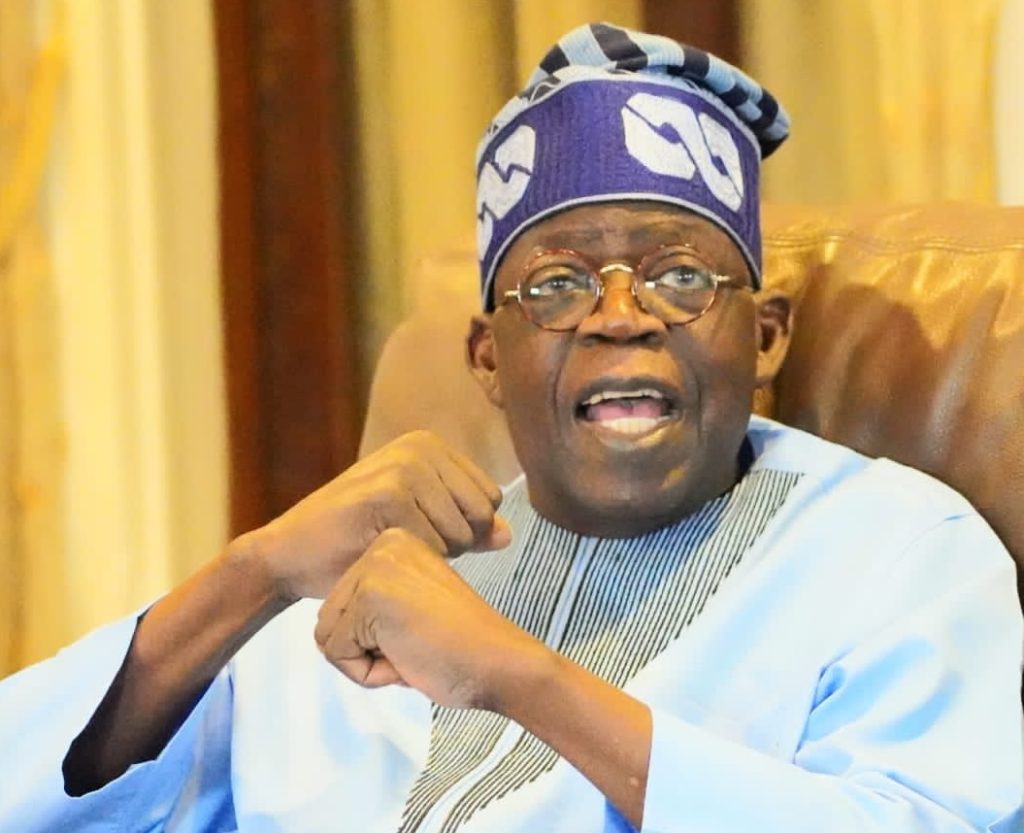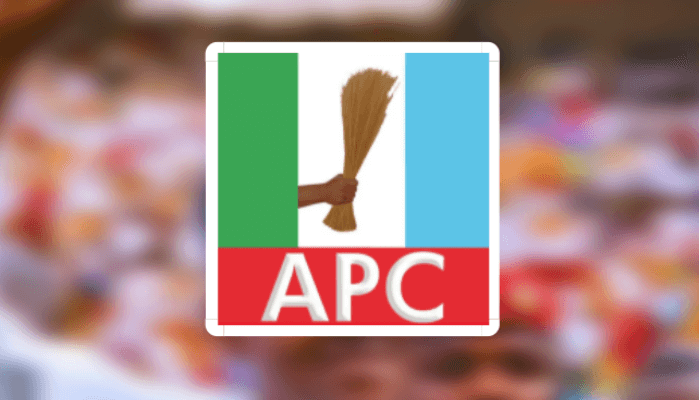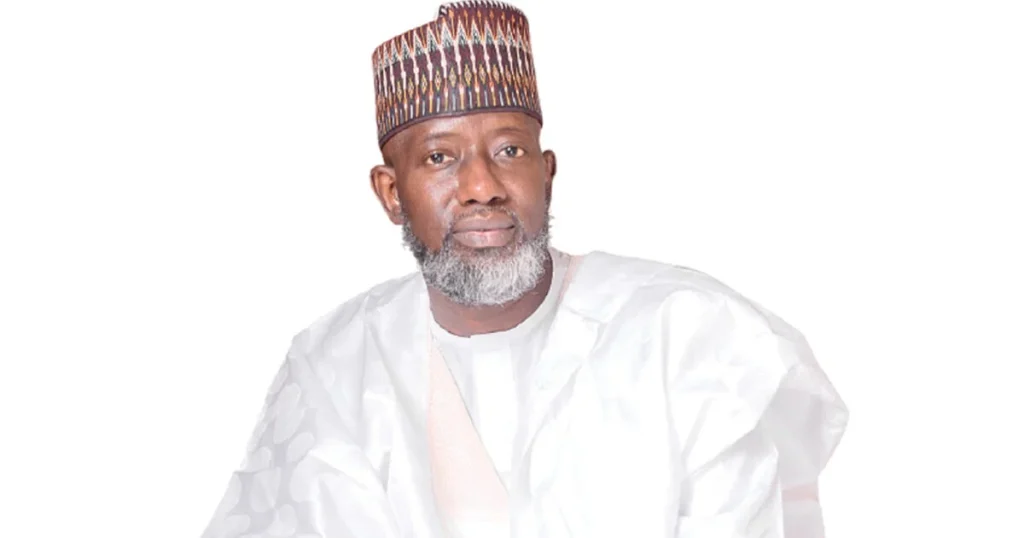Abu Dhabi Emerges as Key Player in Europe-Africa Supply Chains
In a significant shift, Abu Dhabi has emerged as the system integrator of a triangular corridor connecting Europe and Africa, channeling money, goods, and technology between the two continents. This development reflects deliberate statecraft backed by sovereign funds, trade agreements, and infrastructure operators.
The United Arab Emirates (UAE) has become Africa’s leading foreign investor, with over $12 billion in commitments in 2023, and is expected to maintain this momentum in 2025. Abu Dhabi’s heavyweight institutions, such as ADQ and Mubadala, have expanded their portfolios in agrifood, processing, and industrial platforms, while ADNOC has shifted its African strategy towards downstream and midstream assets.
Egypt is a prime example of this approach, with 34 Emirati-financed projects worth over $27 billion, ranging from infrastructure to manufacturing. This investment is not opportunistic capital chasing quick returns but a deliberate use of sovereign balance sheets to embed the Emirates into long-term value chains.
The UAE has also concluded Comprehensive Economic Partnership Agreements (CEPA) with Mauritius and Kenya, providing a widening treaty framework for trade and investment. The Kenyan deal includes chapters on food security, digital trade, and services, designed to encourage triangular ventures between European firms, Emirati entities, and Kenyan actors.
In addition, Emirati operators control or manage 13 African ports across eight countries, with six concessions signed in the past four years. DP World runs a pan-African network from Dakar to Berbera and Dar es Salaam, while AD Ports has expanded rapidly in Angola and Congo-Brazzaville.
Energy and digital ambitions are also driving this bridge between Europe and Africa. Abu Dhabi’s engagement is dual-track, with a focus on both hydrocarbons and renewables. Independent studies put Emirati clean-energy pledges in Africa at over $9 billion, with a further $4-5 billion pledged through 2030.
The bridge is also digital, with Abu Dhabi’s Hub71 and the Mohamed bin Zayed University of Artificial Intelligence exporting advanced services in fintech, cyber, and AI. These capabilities are projected outward through the Gitex franchise, offering platforms where European and African innovators meet Gulf capital.
In practice, the “bridge” is less a metaphor than an operating system, offering a route where contracts, capital, and corridors align for European companies and African governments. The challenge in the next years will be to scale this model without eroding the neutrality that makes Abu Dhabi acceptable to both ends of the corridor.



